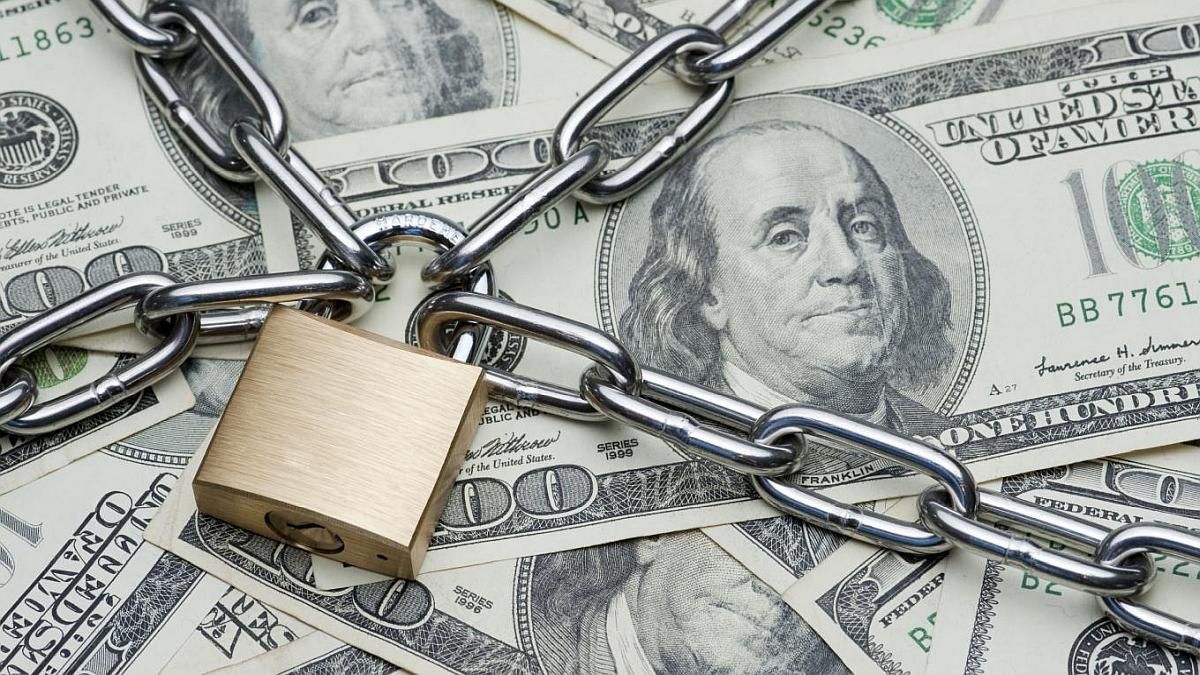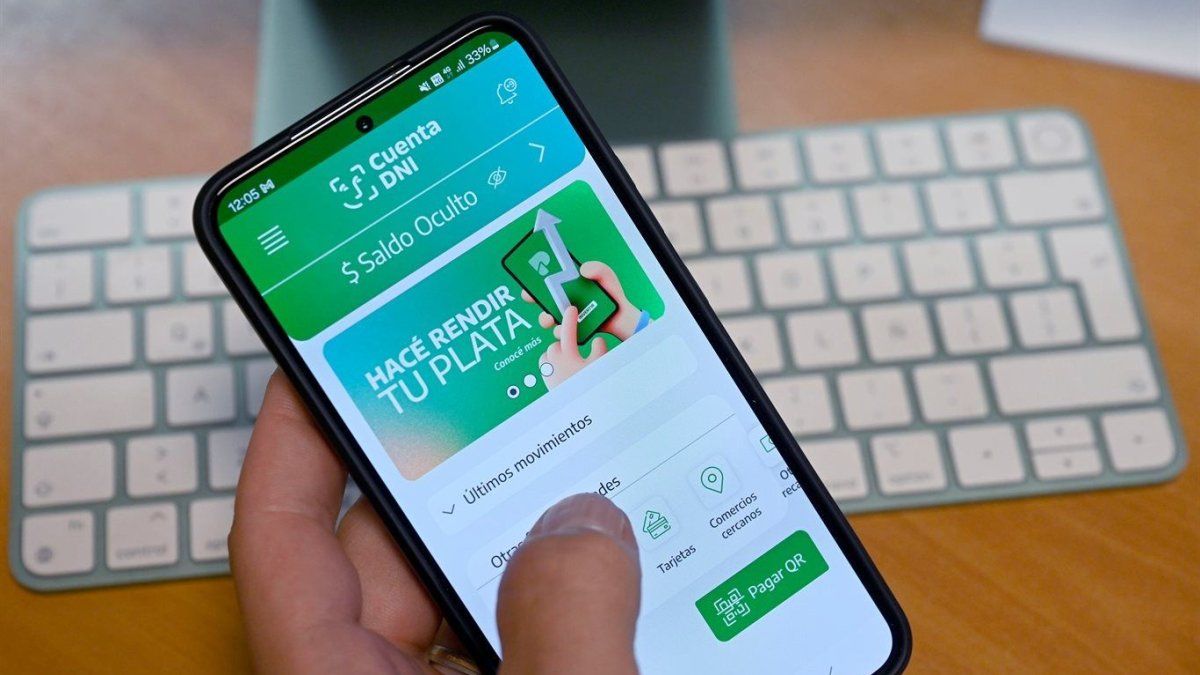The underlying problem, they clarify, is the lack of dollars and the difference between the official and the parallel. And for that, the next measures that are being worked on will seek to make access to dollars more flexible in export sectors, such as the knowledge economy and mining.
The magnifying glass in soy
The Ministry of Economy will modify the so-called temporary admission regime, a decree that allows companies to have direct access to the dollar in cases where inputs are imported that are used for goods that are later exported. Currently, companies access the foreign exchange market more easily and then have 360 days to make sales abroad, which can be renewed for another 360. The new measure will mean a sharp drop in those terms: companies will continue to access currencies, but they will have 120 days to export, which can be renewed for another 120.
The amount of dollars used in this import regime is not less: between January and July, US$ 3,086 million were allocated, when in all of 2021 they were US$ 4,733 million. The example provided by the Ministry of Economy is the case of the wine industry, where corks are imported to later export wine. However, the focus will be on agribusiness: more than half of the imports used in this regime is in soybeans (US$ 1,633 million) that oil companies buy and then sell abroad. In addition, an “ex ante” certification will be requested to monitor whether that input was used for production.
“We have to rescue the spirit of Néstor Kirchner,” said an official source, recalling that during the former president’s mandate, companies had 360 days to export, which was currently at 720 days and will drop to 240. “We have studied that many production processes should not take more than 90 days to export”, they added. The reason for some “delays” has to do with the expectation of devaluation and waiting for a higher exchange rate. Although these changes are not retroactive, they suggest that with the new imports there may be a greater entry of dollars into the Central Bank as of April of next year. In Customs, the sector where they found the greatest irregularities was in textiles.
Obstacles for service imports
The second measure to be applied will be for imports of services, which currently do not have any regulation. The AFIP, headed by Carlos Castagneto, will give the green light to imports of services through the CEF (Financial Economic Capacity), a tool already in force but that was only for goods. In fact, it is the first step that companies face to import: after the approval of the CEF, it is followed by the approval of the so-called Simis, and finally the approval or not of the Central Bank to grant the foreign currency.
“There will be an evaluation of the economic capacity of the companies to see if the importation of services is consistent,” commented official sources. “There was an exponential increase in services,” they added. Only in the first semester there were US$5.5 billion in imports of services: although part is due to the international increase in the price of freight, the data on software was striking: more than US$1 billion. In addition, they added that they will seek to “promote” the local industry.
New non-automatic licenses
The third measure will be implemented by the Ministry of Foreign Trade, which will add 34 new tariff positions, which had automatic licenses, whose simi was automatically approved, to non-automatic licenses. There are goods such as whiskey, bitcoin mining machines, yachts, luxury planes, waffles, loudspeakers, highlighters, slot machines, among others. In the first 7 months of the year, $800 million was spent on these goods, and without these changes they expected it to rise to $1.6 billion. Although the amount is lower in the aggregate, they assure that “everything adds up” and that the “speculative nature” must be stopped and dollars “privileged” to produce.
In this way, they estimate that of all imports, those with a non-automatic license will go from 28% to almost 35%.
Source: Ambito
David William is a talented author who has made a name for himself in the world of writing. He is a professional author who writes on a wide range of topics, from general interest to opinion news. David is currently working as a writer at 24 hours worlds where he brings his unique perspective and in-depth research to his articles, making them both informative and engaging.




